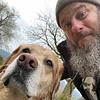Take a photo of a barcode or cover
Hard Science Fiction/Sci-Fi ( list from Vancouver Public Library)
21 participants (17 books)
Overview
I was looking for a good list of “hard” sci-fi and found this: https://vpl.bibliocommons.com/list/share/2237124549/2298660199
What makes some science fiction 'hard' science fiction? A strict definition is elusive, but hard SF is usually classified by readers and critics as science fiction which seeks "to provide natural rather than supernatural or transcendental explanations for the events and phenomena it describes" (SF Encyclopedia). Hard SF is associated with the sciences and mechanical systems which underpin or affect events in a novel: computers, AI, weapons, spaceships, physics, black holes and technology are just a few of the subjects which hard SF readers might expect to encounter as they read. Well-known hard SF author Ben Bova described this type of writing as "historical novels that haven't happened yet." Below is a selection of both classic works and recent additions to this ever-changing SF literature, selected by a VPL reading specialist and ardent fan. If you would like a personalized reading list, please use our Books Just for You service at www.vpl.ca/readnext.
Hard Science Fiction/Sci-Fi ( list from Vancouver Public Library)
21 participants (17 books)
Overview
I was looking for a good list of “hard” sci-fi and found this: https://vpl.bibliocommons.com/list/share/2237124549/2298660199
What makes some science fiction 'hard' science fiction? A strict definition is elusive, but hard SF is usually classified by readers and critics as science fiction which seeks "to provide natural rather than supernatural or transcendental explanations for the events and phenomena it describes" (SF Encyclopedia). Hard SF is associated with the sciences and mechanical systems which underpin or affect events in a novel: computers, AI, weapons, spaceships, physics, black holes and technology are just a few of the subjects which hard SF readers might expect to encounter as they read. Well-known hard SF author Ben Bova described this type of writing as "historical novels that haven't happened yet." Below is a selection of both classic works and recent additions to this ever-changing SF literature, selected by a VPL reading specialist and ardent fan. If you would like a personalized reading list, please use our Books Just for You service at www.vpl.ca/readnext.
Challenge Books
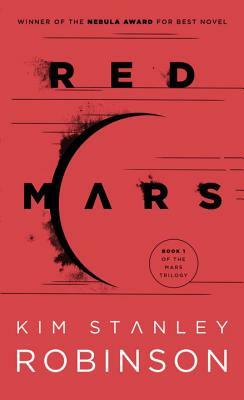
Red Mars
Kim Stanley Robinson
The first of Robinson's renowned Mars series follows the selection, training and deployment of the first one hundred colonists to the red planet. Once there, the group have to try to live and work together as the ancient dilemmas of nature or nurture affect crucial decisions about how to move forward.
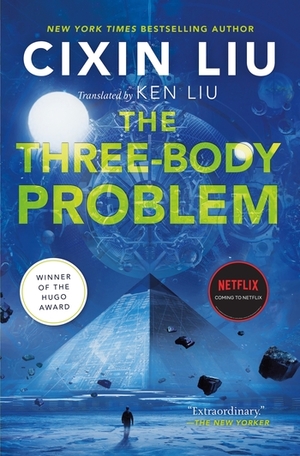
The Three-Body Problem
Cixin Liu
Winner of the 2015 Hugo Award for Best Novel, this is at heart an alien contact story set against the backdrop of China's cultural revolution of the 1960s. Replete with passages relating to quantum mechanics and AI, yet still an effective thriller with characters a reader can focus on.
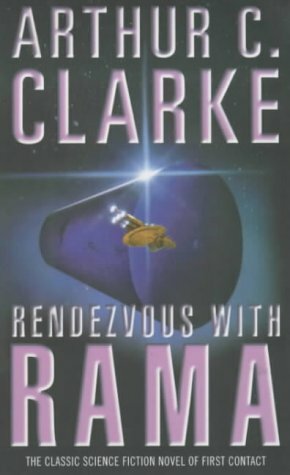
Rendezvous with Rama
Arthur C. Clarke
This multi-award winning novel, first published in 1973, follows the discovery by astronomers of a huge object in the solar system. Obviously not a natural object or human-made, a team is sent to find out what it is and who built it. Clarke's carefully considered descriptions of the craft, named Rama, and the technology on it are masterful and create the 'sense of wonder' science fiction strives for.
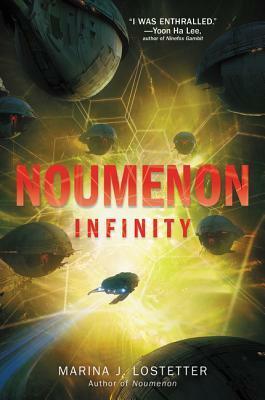
Noumenon Infinity
Marina J. Lostetter
This is the second novel in Lostetter's widely acclaimed Noumenon series. Infinity follows two threads; scientist Vanhi Kapoor's research into interdimensional space travel and the continuing attempts to understand and complete construction of the huge alien structure discovered in the first novel.
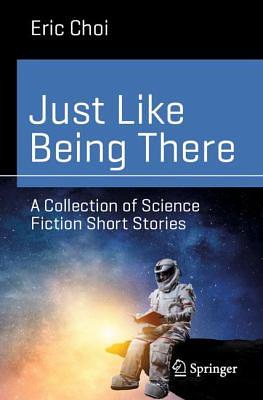
Just Like Being There: A Collection of Science Fiction Short Stories
Eric Choi
Author and aerospace engineer Choi's first collection of 25 short stories, all centering on quintessential hard SF subjects such as space exploration and online privacy. Each story also concludes with an afterword, which describes the science or engineering fundamental to the story.
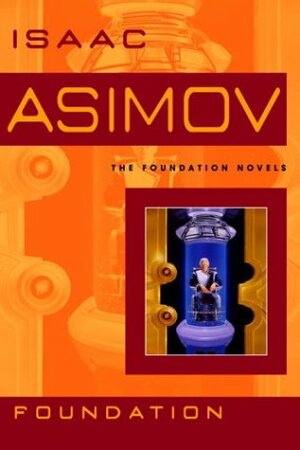
Foundation
Isaac Asimov
Isaac Asimov was both a renowned author and a professor of biochemistry, and his trilogy, which begins with Foundation, won the 1966 Hugo award for best all-time science fiction series. In it, a group of scientists attempt to preserve human culture and the sciences in a faltering Galactic Empire.
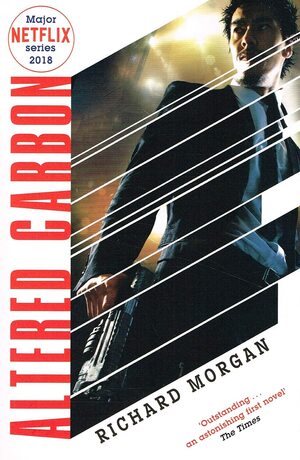
Altered Carbon
Richard K. Morgan
Takeshi Kovacs is 'resleeved' into a new human body on Earth and tasked with investigating the first death of an ancient aristocrat. Along the way, he is forced to deal with 25th Century political machinations, VR torture and firefights, as well as the understandable personal complications of inhabiting someone else's body.
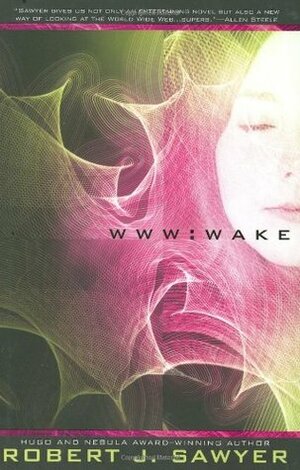
Wake
Robert J. Sawyer
The first volume in Canadian author Sawyer's Wake series is the story of a young blind girl who has adapted her talents online to a state approaching web-consciousness. A radical new operation offers her a chance to regain her sight, but the outcome is not what she expected. This series is a must for readers intrigued by the possibilities, both positive and negative, of humankind's relationship with the World Wide Web.
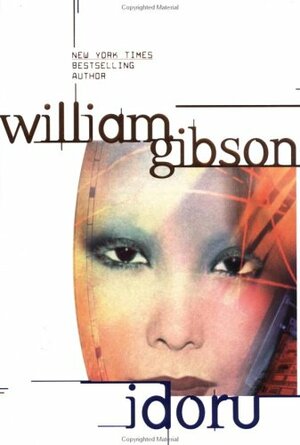
Idoru
William Gibson
William Gibson kicked off the cyberpunk subgenre in 1984 with his novel 'Neuromancer' and has been exploring themes relating to how humans interact with computer networks and cybernetic systems ever since. Idoru is set in 21st-century Tokyo and follows a rock star's plans to marry the virtual reality superstar Rei Toei.
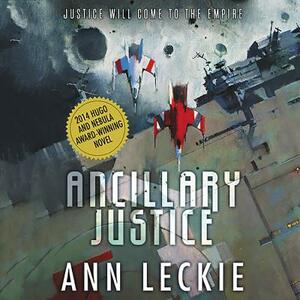
Ancillary Justice
Ann Leckie
The first novel to win science fiction's three major awards, the Hugo, Nebula, and Arthur C. Clarke Award, this is an intergalactic revenge novel with a compelling central character. Breq is an AI who used to control an entire military space vessel and all its fighters but is now forced to occupy a single organic body. There is disagreement in the SF community as to whether this novel is actually 'hard': have a read and see what you think!
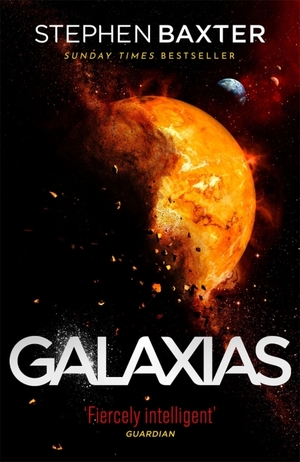
Galaxias
Stephen Baxter
Tash Brand is walking home from work one day when the sun goes out. Baxter focuses more on plausible human reactions to this unimaginable event - global upheaval, scientific committees, emergency sessions in international bodies - than on galactic adventuring.
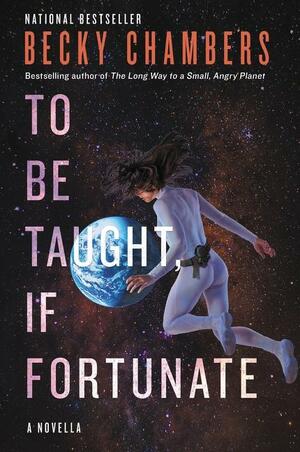
To Be Taught, If Fortunate
Becky Chambers
Chambers' novels have been described as 'hopepunk', focussing primarily on people and how they thrive and struggle in a space-going society. The environments that her characters move within, however, are plausible and carefully researched. This novella, part of the Wayfarers series, follows flight engineer Ariadne O'Neill as she and her crew travel vast distances to explore four possibly habitable worlds.
